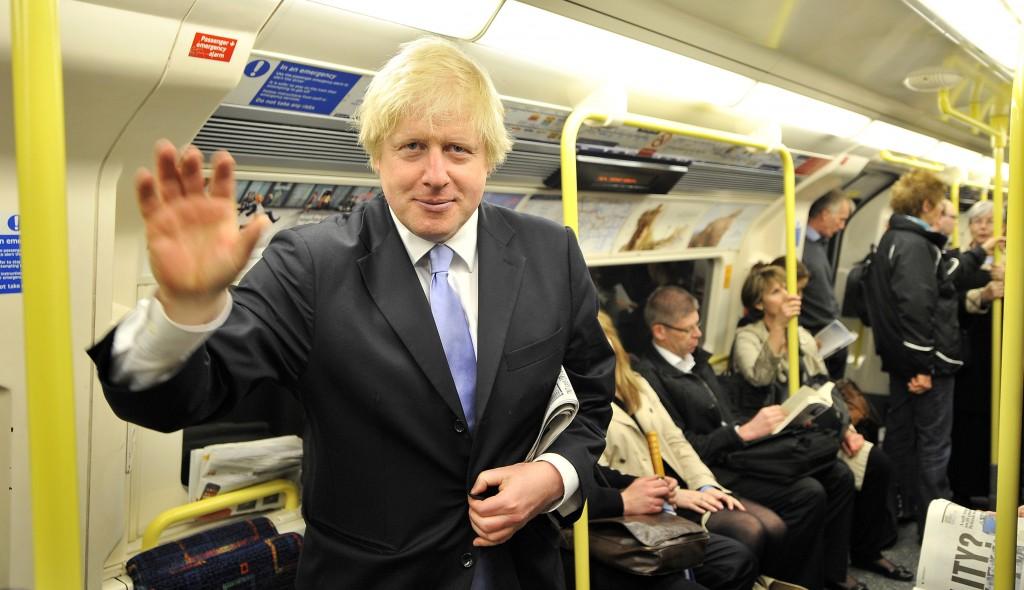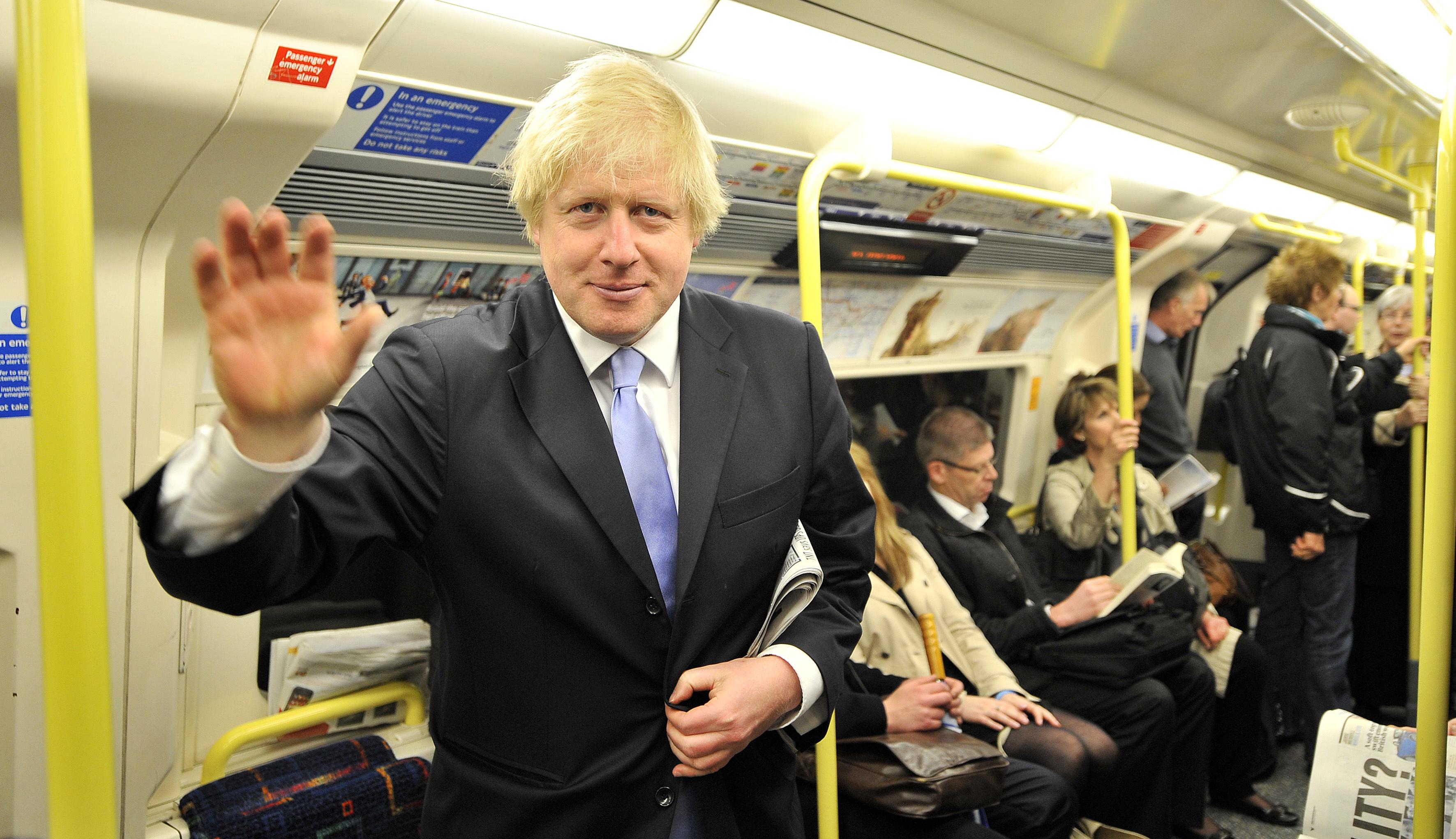As the current Mayor of London, Boris Johnson prepares to step down from his position at the political helm, the Federation of Small Business has been working its brand new manifesto. The document was released at the end of last month as the lobbying group takes the period of change and transition as a chance to put in their requests for the next mayoral member.
The ‘London Manifesto’
The so-called London Manifesto was published after the FSB carried out a survey of nearly 7,000 small and micro businesses in the country’s capital. The research involved questioning the  participants about their worries with regards to City Hall and the current climate in which the sector is operating. Findings revealed that more than 50% of those polled admitted that London’s lofty properly costs as they now stand need some serious attention and an urgent reform.
participants about their worries with regards to City Hall and the current climate in which the sector is operating. Findings revealed that more than 50% of those polled admitted that London’s lofty properly costs as they now stand need some serious attention and an urgent reform.
Nearly one in four of those involved also agreed that the cost and availability of housing is having a drastically negative impact on their ability to employ and keep hold of staff. A worrying one in ten also said that crippling costs of residential and commercial property were causing a necessary rise in wages, which in turn had a limiting effect on any potential recruitment plans. The soaring costs of these properties is what has been rattling the cages of those at the FSB and the capital’s small businesses over the past year.
As a new Mayor prepares to take the baton, the group is imploring whoever-they-may-be to do a number of things including investing in quicker broadband and other infrastructure which will consolidate London’s status as a leading driver for UK economy. The manifesto also calls for a new “root-and-branch reform” of the existing transport charging system, as well as a new definition of affordable housing based on earning and the generation of a new Deputy Mayor post with specific obligations to small and mice enterprises.
Sue Terpilowski OBE, London Policy Chairman at the FSB, said: “The spiralling cost of housing and business premises is a significant barrier to growth, and we are starting to see a ‘flight from the centre’ on the part of established independent small businesses – exactly the type of business that makes London such a special and vibrant place.
“The FSB are calling on the Mayoral and London Assembly candidates to say ‘ibacksmallbusiness’ and understand that they are the very fabric of our communities.”
Candidates are backing the report
Both Labour mayoral candidate, Sadiq Khan and his Conservative counterpart, Zac Goldsmith greeted the London Manifesto with a positive reception and are supporting the FSB’s wishes. Khan says he understands where the country’s small businesses are coming from through prior first-hand experience of his own and is looking “forward to working with London’s small businesses to make sure [the] city [is] the best place in the world to do business.”
He added: “I know that for small businesses, and those who run them, the cost of living and doing business in the capital can be a major barrier.
“It’s clear that the housing crisis is now a serious concern for London businesses. Not only does it make it more difficult and expensive to find the right staff, but it’s also having the knock on effect of making commercial rents increasingly unaffordable.
“I’ll make tackling the housing and workplace crisis my top priority as Mayor. And I’ll work with business to develop the infrastructure and skills that we need to support business now and in the future.”
Mr Goldsmith also commented: “London is a big city powered by small business – and as Mayor I will make supporting those businesses at every opportunity and as a priority.
“Small businesses are agile and entrepreneurial but they are also more exposed to the escalating cost of doing business in London – with house prices in particular hitting employees hard. So I look forward to working very closely with the FSB.”
“What I especially take from this manifesto is the huge concern that most small businesses in London have about the cost of housing,” said Ms Pidgeon. “The need to tackle the shortage of affordable housing in London is vital for both social and economic reasons.”
Find more help and support for your London-based business in our information centre.





Leave a Reply